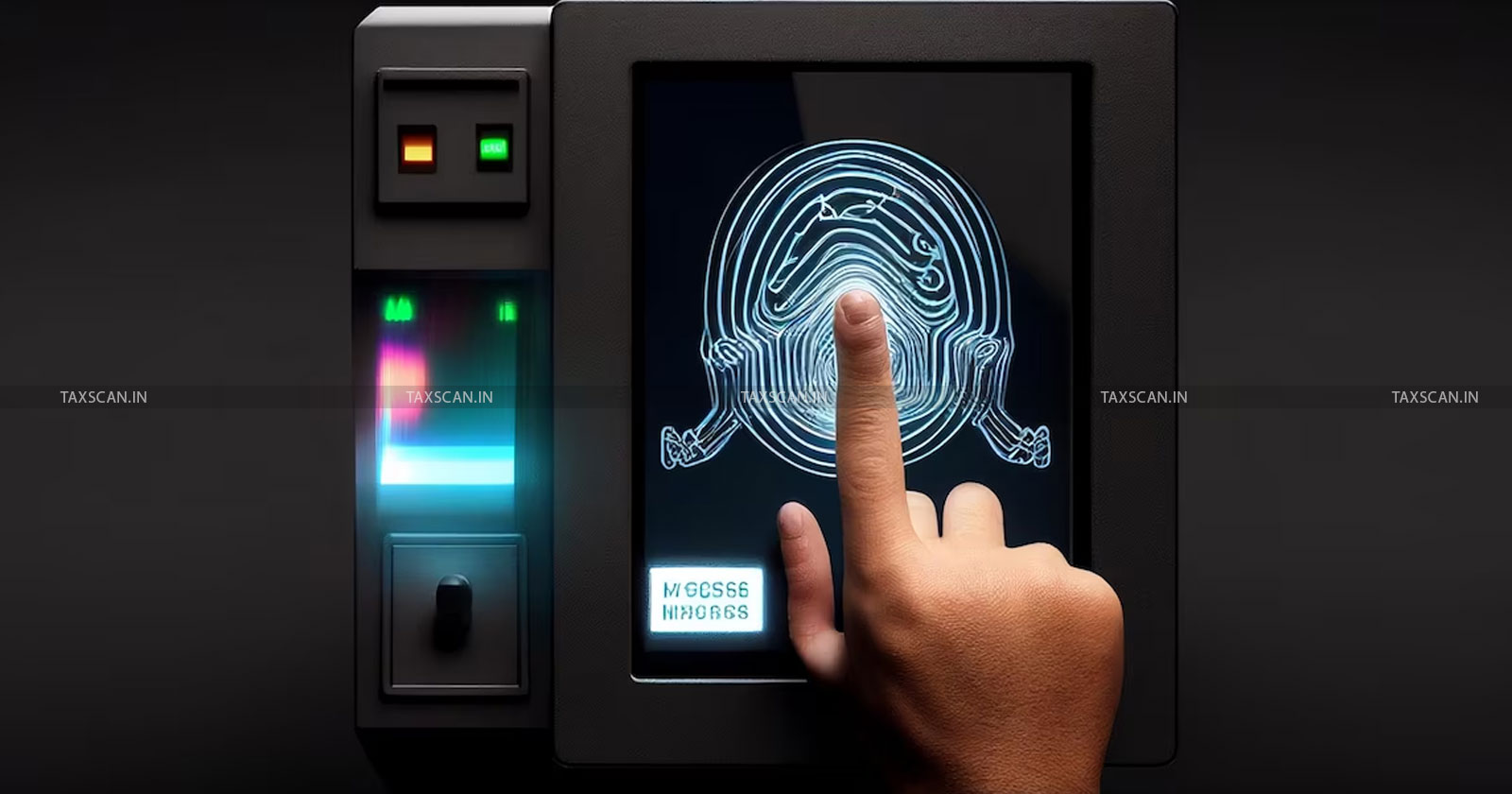GST Biometric Registration System Set to Launch on November 7 from Gujarat

The Goods and Services Tax (GST) department is set to implement a new registration system, scheduled for November 7, with an official launch starting in Vapi. Notably, this revised procedure will involve the collection of biometric data from applicants during the GST registration process. This system is a measure to streamline the GST Compliances.
The 50th GST Council has recommended the following “Pilot to be conducted in U.T. of Puducherry for risk-based biometric-based Aadhaar authentication of registration applicants. The State of Andhra Pradesh also expressed its intent to join this pilot after the system’s readiness is tested in the state of Gujarat and U.T. of Puducherry.”
This innovative approach positions Gujarat as the trailblazing state in the country to adopt a biometric data-based registration system. At the launch event, Union Minister for Finance and Corporate Affairs, Nirmala Sitharaman, is expected to make a virtual appearance and inaugurate the project at ten different centres throughout the state, reported TOI.
The inauguration, led by the Union Minister in Vapi, marks a significant milestone, with Gujarat leading the nation in this groundbreaking project. Following a successful pilot project in Gujarat, the biometric data-based GST registration system will be progressively introduced in other states, as confirmed by Kanu Desai, Cabinet Minister for Finance.
Gujarat, having previously achieved a successful launch of the "Bill Mera Adhikar" initiative, is now pioneering this new project. Vapi was specifically chosen due to its prominent status as the country's leading chemical hub.
Under this revamped registration method, applicants are required to provide a thumb impression in conjunction with various identification documents. This dual authentication process is designed to enhance the verification of an applicant's identity. Furthermore, it enables the GST department to request further verification if deemed necessary in the future, as emphasised by a senior GST official.
Recent incidents have highlighted instances where individuals claimed that GST registrations were carried out in their name without their knowledge or consent, alleging that their bank and identity documents were used fraudulently. To address these concerns, the new biometric system also serves as a preventive measure against such fraudulent activities.
The integration of thumb impressions into the registration process significantly reduces the risk of fraudulent activities, ensuring that applicants cannot disavow their application for GST registration. This advanced system thus bolsters the GST department's capability to trace and prevent fraud effectively.
Specifically, it addresses cases where individuals fraudulently claimed input tax credits using counterfeit identification documents. The biometric data collection stands as a robust safeguard against such fraudulent activities, as it virtually eliminates the possibility of unauthorised GST registrations.
Support our journalism by subscribing to Taxscan premium. Follow us on Telegram for quick updates


